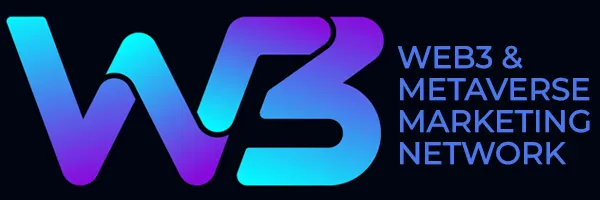In-game advertising is a type of advertising that is delivered to users while they are playing a video game. It can be used to promote products, services, or brands. In-game advertising can be a very effective way to reach a target audience, as it can be tailored to the interests of the users. Web3 games are a new type of game that is built on blockchain technology.
They offer a number of advantages over traditional games, including:
- Decentralization: Web3 games are not controlled by any one company or
organization. This means that they are more secure and transparent. - Ownership: Players in web3 games own their in-game assets, such as
characters, items, and land. This gives them a sense of ownership and
investment in the game. - Earning potential: Players in web3 games can earn cryptocurrency by playing
the game. This can be a great way to make money while having fun.
The benefits of in-game advertising for web3 games include: - Reach: Web3 games have a large and global audience. This means that in-game
advertising can reach a large number of people. - Engagement: Players in web3 games are highly engaged. This means that they
are more likely to pay attention to in-game ads. - Relevancy: In-game ads can be tailored to the interests of the players. This
makes them more likely to be clicked on. - Transparency: Web3 games are built on blockchain technology. This means that
in-game ads are transparent and can be tracked. This gives advertisers more
control over their campaigns.
The best practices for in-game advertising in web3 games include: - Make the ads relevant: The ads should be relevant to the interests of the
players. This will make them more likely to pay attention to them. - Make the ads non-intrusive: The ads should not be too intrusive. Players should
be able to play the game without being interrupted by ads. - Give players something in return: Players should be given something in return
for watching ads. This could be in-game currency, items, or other rewards. - Track the results: Advertisers should track the results of their in-game
advertising campaigns. This will help them to determine which ads are most
effective.
Some of the actual use cases for web3 in-game advertising include: - Product placement: This is the most traditional form of in-game advertising.
Products or services are placed in the game world in a way that is not disruptive
to the gameplay. For example, a car company might place its cars in a racing
game. - Branding: This type of advertising involves using the game world to promote a
brand. This can be done through things like billboards, logos, or even entire
sponsored events. For example, a clothing company might sponsor a fashion
show in a virtual world. - Rewarded advertising: This is a type of advertising where players are rewarded
for watching or interacting with an ad. This can be done with in-game currency,
items, or other rewards. For example, a player might be given a free virtual pet
for watching a 30-second ad. - Collecting data: Web3 in-game advertising can be used to collect data about
players. This data can be used to improve the game experience, target
advertising more effectively, or even create new products and services. For
example, a game developer might collect data about how players use their
products to identify areas where the game can be improved. - Creating new forms of entertainment: Web3 in-game advertising can be used to
create new forms of entertainment. For example, a game developer might create
a virtual world where players can watch movies, TV shows, or even live events.
This could be a great way for people to experience entertainment without having
to leave their homes.
Nodo Ivanidze, CEO of Metaviu.io which boasts the largest Metaverse Advertising
Network stated that he is “super-bullish on the growth of Web3-in game advertising and is
seeing a recent surge of interest in it mostly by Web 3 brands who are looking to reach web3
gaming enthusiasts.
Overall, web3 in-game advertising is a powerful tool that can be used to reach gamers,
promote products and services, collect data, and create new forms of entertainment.
As this type of advertising continues to develop, we can expect to see even more
innovative and exciting use cases emerge.










